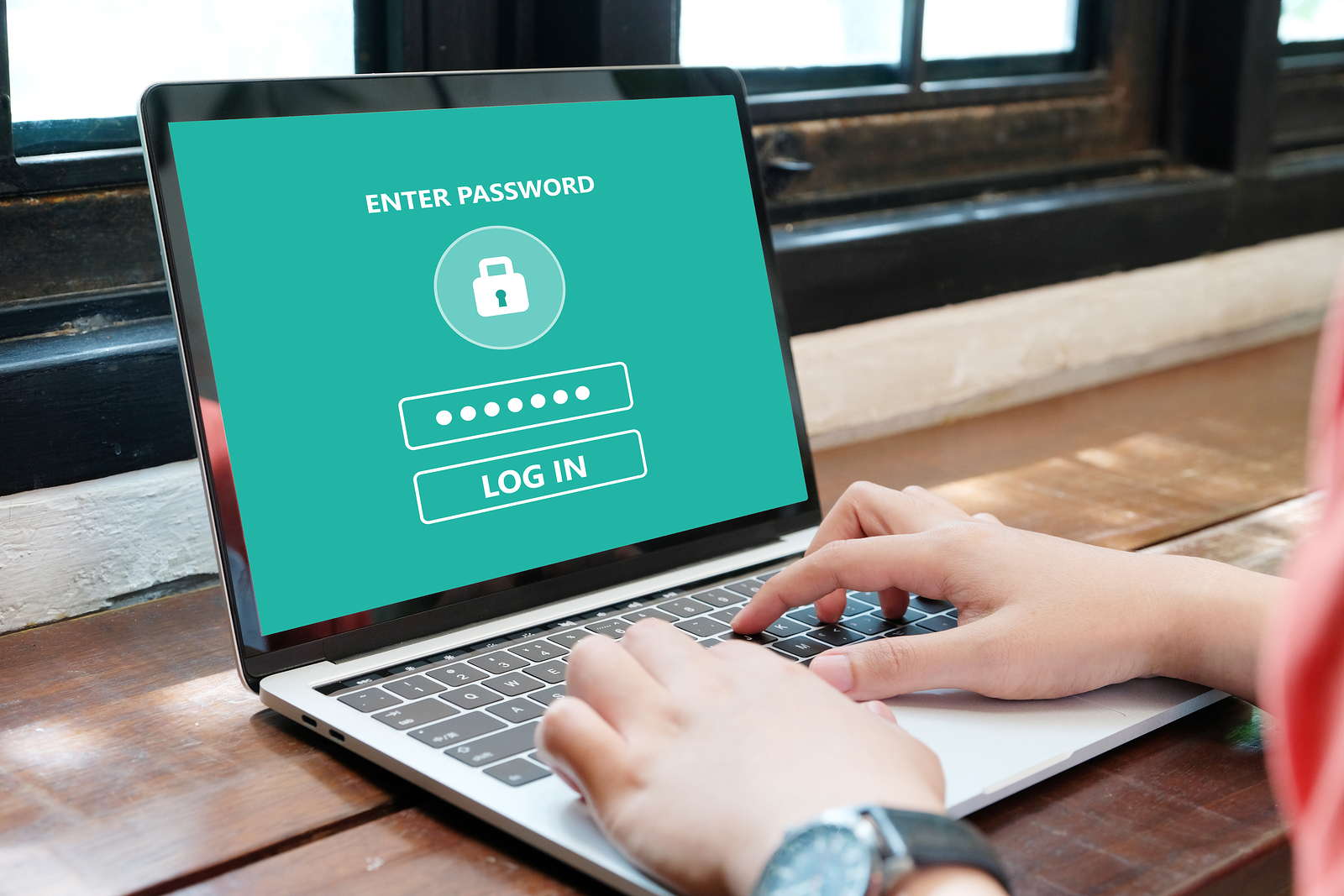
Last month, we talked about G Suite and its various features. This month’s subject is Computer Security. We’ve covered it before, but computer security is ALWAYS important. As Always, Happy Computing! And Happy Thanksgiving!
— Tom Grundig
Antivirus for Computer Security
Even though it is not always perfect, having antivirus is important. Windows 8 and Windows 10 have Windows Defender preinstalled as part of the operating system. In almost every case, Windows Defender is enough to secure your computer against viruses, and it needs very little attention to be effective. Antivirus programs from third party developers are also available, including McAfee, AVG, Symantec and Avast, usually requiring a subscription. For older systems like Windows 7, check out free download of Microsoft Security Essentials.
Anti-malware
For additional protection beyond antivirus, Grundig IT recommends Malwarebytes. Malwarebytes often detects threats that antivirus misses. You have to run the free version manually, while the pay version costs about $40 and runs continuously.
Another important way to keep your computer and information secure is by maintaining proper computer habits . . .
Password mistakes to avoid
While setting your internet browser to remember passwords is convenient, it also creates a vulnerability if your computer is stolen or hacked into. There are two common ways that people get around this, neither of which are recommended:
- Using one password for everything. This can be problematic. If one of your accounts is compromised, then the attacker now knows all your passwords.
- Writing down all the passwords you have for each account. If you write them down, someone can find them.
Solutions for passwords
The best habit for password management is to have a system of creating passwords that is simple enough to remember and complex enough for someone to have much difficulty figuring out. Passwords might contain the same word but different numbers and punctuation.
A common practice for passwords is to come up with a “passphrase”, which is a short sentence instead of a typical password, such as “AmazonP@ssw0rd321!”
If keeping track of many passwords is to daunting, consider using a password manager such as LastPass or Roboform.
How do you keep secure?
